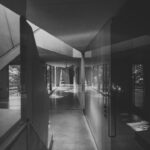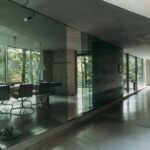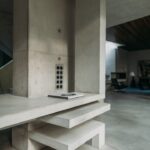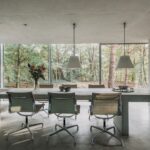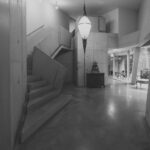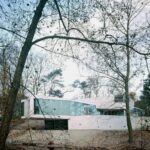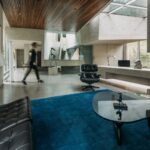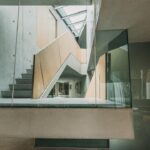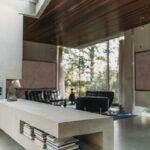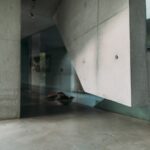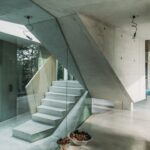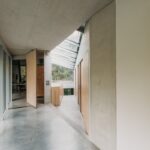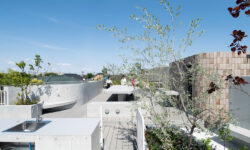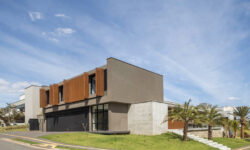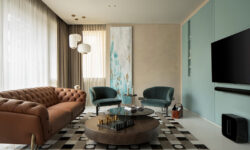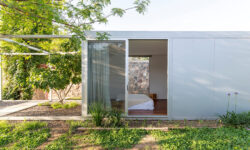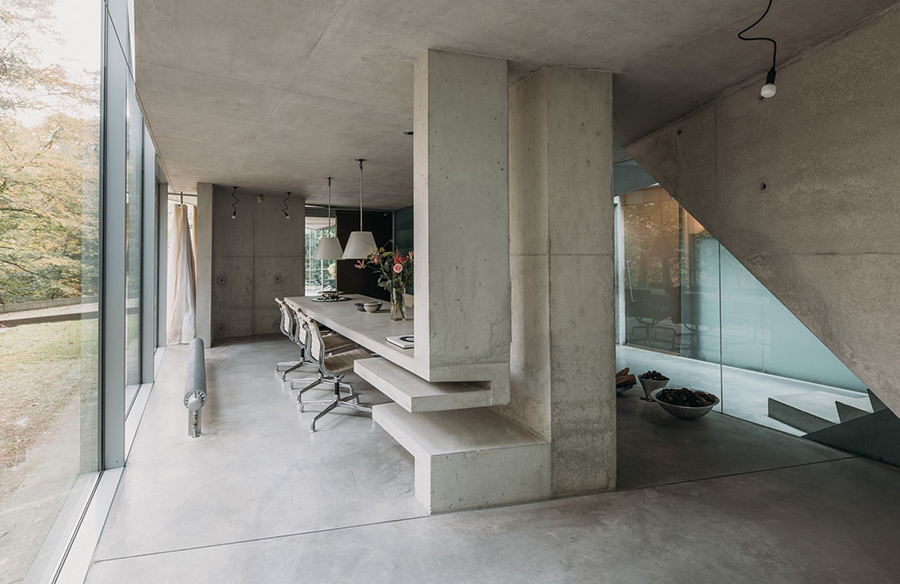
Introduction: Redefining Residential Architecture
In 1993, a young couple from Amsterdam embarked on a mission to construct a private residence that defied convention. They sought to create a dwelling that would not only reflect their lifestyle but also serve as a beacon of architectural renewal. After considering several architects, including Rem Koolhaas, they entrusted the project to Dutch architect Ben van Berkel. Thus began the journey of the Möbius House—a groundbreaking architectural marvel that would challenge traditional notions of space and form.
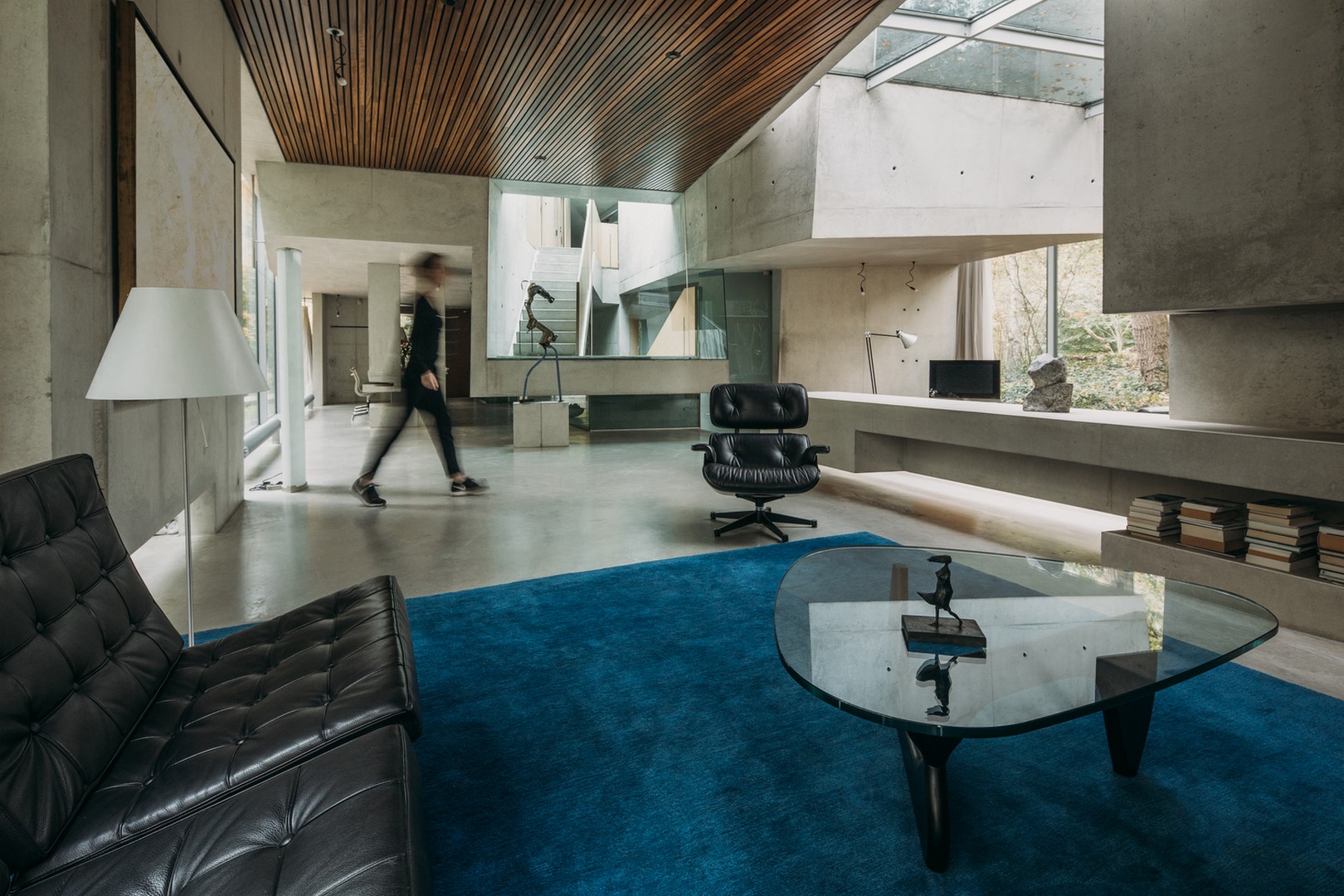
Conceptual Genesis: The Möbius Loop
1. Design Inspiration
Situated in Het Gooi, the Möbius House draws inspiration from the Möbius loop—a single-sided surface with no boundaries. This geometric form became the cornerstone of a revolutionary architectural language that aimed to integrate disparate functions seamlessly. Over the course of five years, the design evolved, always reverting to its core inspiration: the Möbius loop. By 1998, the Möbius House had emerged as a symbol of architectural ingenuity, garnering widespread acclaim and international recognition.
2. Lifestyle Integration
Ben van Berkel envisioned the Möbius House as a reflection of the family’s lifestyle—a dynamic interplay of work, play, and social interaction. The fluid circulation between different spaces blurs the lines between inside and outside, creating an environment that adapts to the occupants’ daily rhythms. As the Möbius loop unfolds, the boundaries between interior and exterior dissolve, forging a profound connection between the house and its natural surroundings.
Technological Advancements: Parametric Design in Practice
1. Computational Innovation
The Möbius House capitalized on the emerging field of 3D computer modeling, revolutionizing the design process. As one of the pioneers of parametric design, Ben van Berkel leveraged this technology to experiment with new spatial effects and complexities. The Möbius House exemplifies the fusion of drawing and modeling, pushing the boundaries of architectural expression and paving the way for future innovations in design.
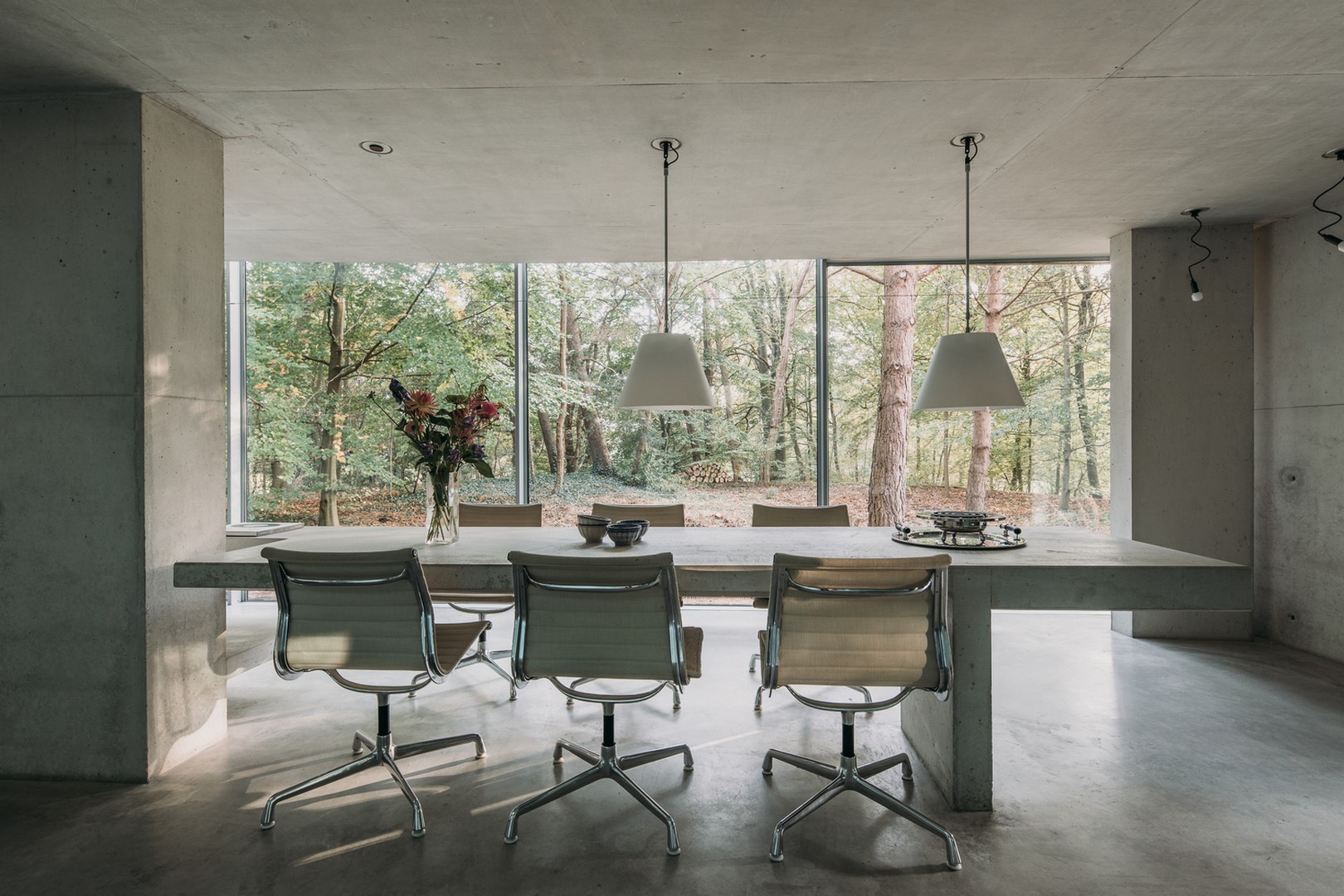
2. Spatial Experimentation
The Möbius House challenges traditional notions of space and form, eschewing walls and doors in favor of fluid, interconnected volumes. The Möbius strip concept transforms the architecture, creating continuous circulation paths that weave through the residence. As occupants traverse the space, they encounter a sequence of dynamic environments, each defined by subtle variations in form and function.
Architectural Expression: A Symphony of Concrete and Glass
1. Materiality and Tectonics
The Möbius House features a minimalist material palette, characterized by concrete and glass. This choice of materials accentuates the dynamic interplay between solidity and transparency, movement and stillness. Concrete elements cantilever over the landscape, creating sculptural focal points that draw the eye and evoke a sense of suspension and dynamism.
2. Integration with Nature
Nestled within a secluded woodland plot, the Möbius House blurs the boundaries between architecture and landscape. Glazed surfaces invite the outside in, creating an immersive experience that celebrates the natural surroundings. As the Möbius loop unfolds, the exterior structure of the house transforms into interior furniture, seamlessly integrating with the artificial landscape.
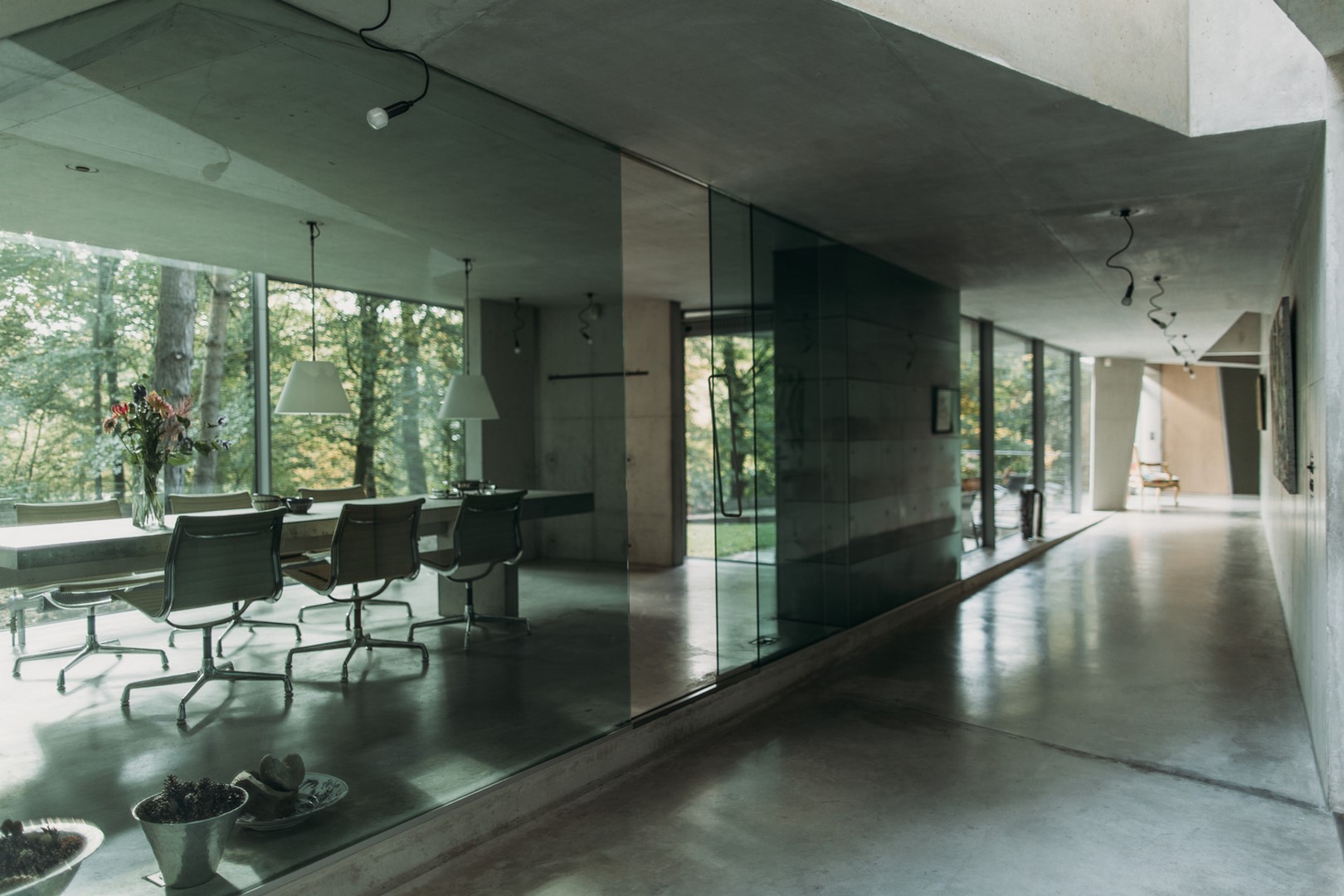
Legacy and Impact: A Manifesto for Future Design
The Möbius House remains a testament to Ben van Berkel’s visionary approach to architecture. Its innovative design and technological sophistication have positioned it as a landmark project in the history of parametric design. Beyond its architectural significance, the Möbius House serves as a manifesto for UNStudio—a testament to its commitment to pushing the boundaries of design innovation and shaping the future of architecture.
Conclusion: A Paradigm Shift in Architecture
In the Möbius House, UNStudio has created more than just a dwelling; they’ve crafted a symbol of architectural innovation and creativity. From its conceptual genesis to its realization, the Möbius House embodies a bold vision for the future of residential architecture—a vision that challenges conventions, embraces technology, and celebrates the symbiotic relationship between architecture and nature. As we continue to explore new frontiers in design, the Möbius House stands as a timeless testament to the power of imagination and the limitless possibilities of architectural expression.






